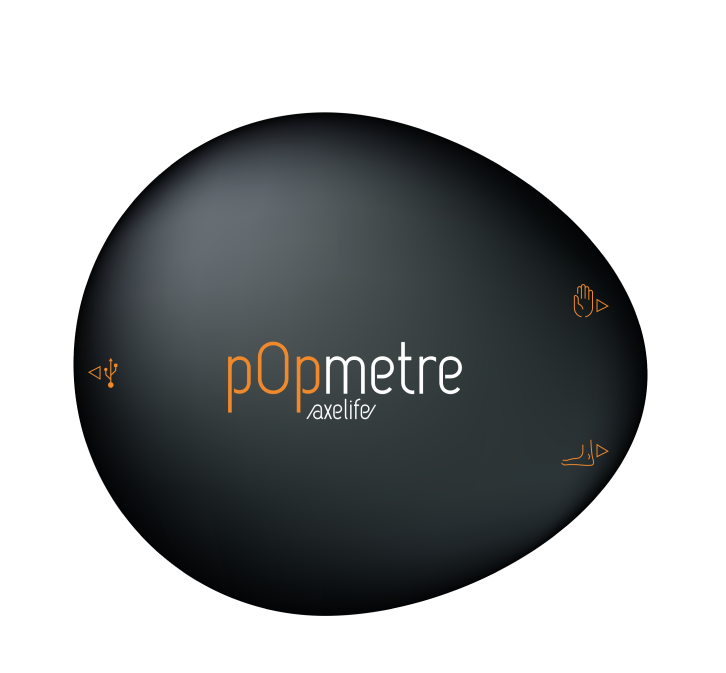Sleep Disorders and Arterial Stiffness: Cardiovascular Risks
The association between sleep disorders and cardiovascular risk has been demonstrated in numerous studies; as both a risk factor and a preventive measure, each aspect of sleep influences the likelihood of a cardiovascular event occurring.
A Good Sleep Score Can Reduce Cardiac Risks
In 2023, a study published in the European Heart Journal evaluated five components of sleep: sleep duration, chronotype, frequency of insomnia, daytime sleepiness, and sleep apnea.
A global score was calculated for each participant. The higher the initial score (optimal sleep), the lower the cardiovascular risk.
60% of cardiovascular events could be prevented with an optimal score. Improvement in sleep score over time is associated with a reduced cardiovascular risk, regardless of which component is improved.
In recent years, these studies have focused on the link between arterial stiffness and sleep disorders, particularly sleep disorders like obstructive sleep apnea (OSA) and the increase in arterial stiffness.
This post explores these connections and their potential impact on cardiovascular health.
What is arterial stiffness ?
Arterial stiffness is a phenomenon where the arteries lose their elasticity and become more rigid. This condition prevents blood vessels from stretching normally in response to blood pressure, leading to an increase in systolic blood pressure. Arterial stiffness is often measured by pulse wave velocity (PWV), a non-invasive method that assesses the speed at which the blood pressure wave travels through the vascular system.
A high pulse wave velocity (PWV) is an indicator of increased arterial stiffness and a predictor of cardiovascular diseases such as hypertension, stroke, and coronary artery disease.
Sleep disorders and arterial stiffness
Studies have shown that sleep disorders, particularly obstructive sleep apnea (OSA), are strongly associated with increased arterial stiffness. OSA is a condition characterized by repeated interruptions of breathing during sleep, leading to intermittent hypoxia (temporary drops in blood oxygen levels). This recurrent hypoxia activates oxidative stress mechanisms and systemic inflammation, which contribute to the alteration of arterial wall structure, thereby increasing their stiffness.
This relationship is well explained in a 2021 publication: 'The Role of Sleep Disorders in Cardiovascular Diseases: Culprit or Accomplice?
Moreover, sleep deprivation, even in the absence of sleep apnea, can disrupt the autonomic nervous system and increase sympathetic tone, which can also contribute to arterial stiffness. Lack of sleep is also linked to elevated cortisol levels, the stress hormone, which has a detrimental effect on vascular walls.
Pulse wave velocity and cardiovascular diseases
PWV is a valuable tool for assessing cardiovascular risk, as it reflects arterial stiffness. An increase in PWV is an indicator of arteriosclerosis and ongoing vascular remodeling, which can be an early sign of atherosclerosis—a condition where arteries are clogged by deposits of fat, cholesterol, and other substances, leading to serious complications such as heart attacks and strokes. People suffering from sleep disorders, particularly those with severe obstructive sleep apnea, often have higher PWV compared to those without sleep disorders. This association highlights the importance of monitoring and treating sleep disorders to prevent the increase in arterial stiffness and, consequently, reduce the risk of cardiovascular diseases.Clinical Implications and Recommendations
Recognizing the link between sleep disorders, arterial stiffness, and cardiovascular diseases highlights the importance of a holistic approach in managing at-risk patients. Screening for sleep apnea in patients with increased arterial stiffness or other cardiovascular risk factors could enable early intervention. Therapies aimed at improving sleep quality, such as continuous positive airway pressure (CPAP) for sleep apnea, have shown promising results in reducing arterial stiffness and improving overall cardiovascular health.
At the same time, adopting a healthy lifestyle, including a balanced diet, regular exercise, and stress management, remains essential for maintaining good arterial health.
Measuring arterial stiffness in patients suffering from sleep disorders, and more specifically OSA, is therefore crucial to identify those most at risk from a cardiovascular perspective and allows the use of the concept of arterial age to support changes in lifestyle behaviors as well as adherence to treatments such as CPAP therapy.
